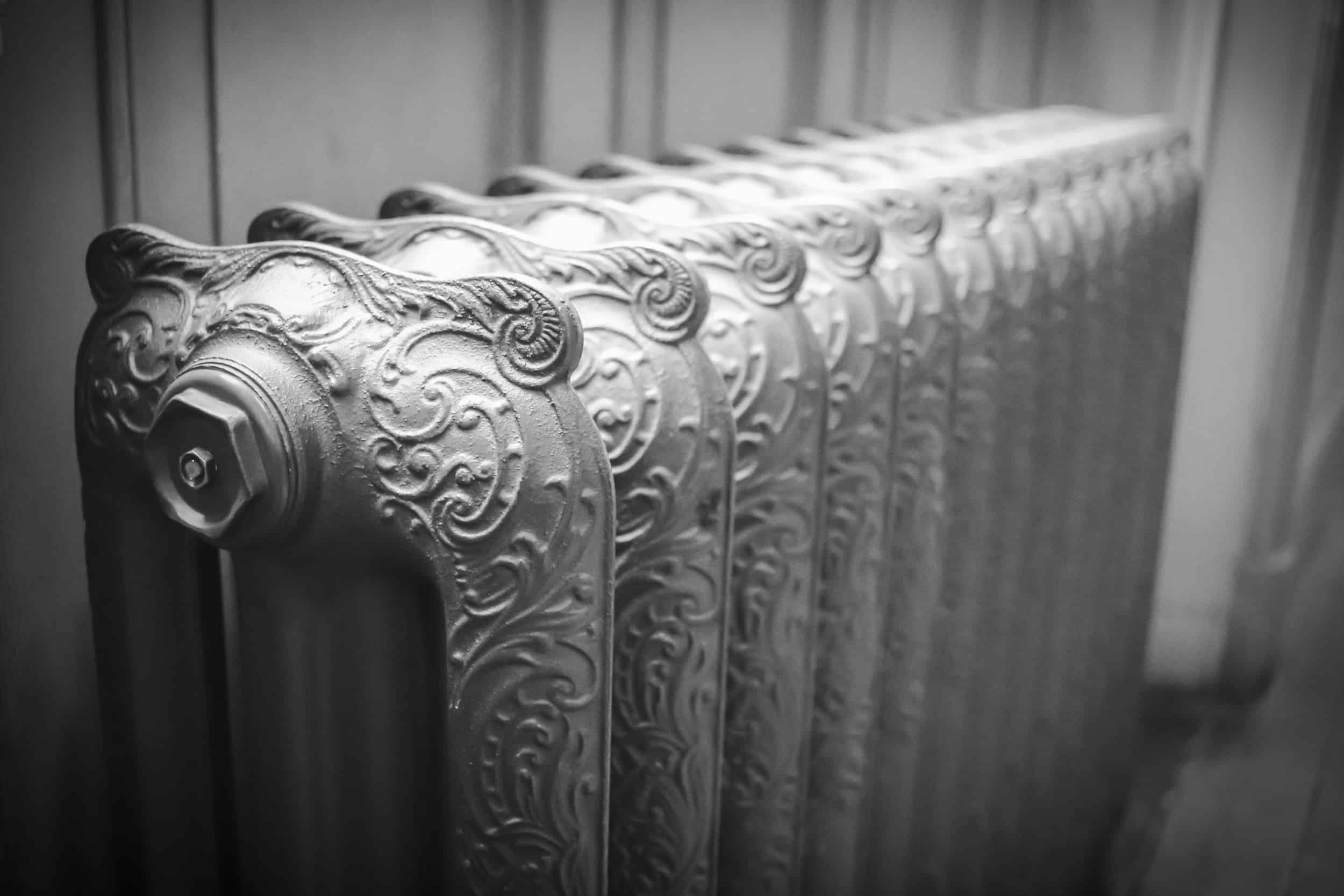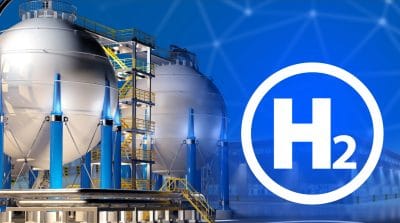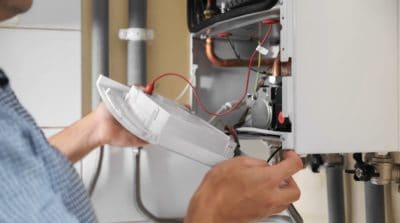We all have heard the hype around hydrogen being a suitable alternative to heat your home, but what does this actually mean? Why is it being considered? When are things likely to change and how can hydrogen be introduced into your home?
The government is currently on course with their plans to stop using natural gas to heat our homes and instead replace it with hydrogen due to its environmental benefits. The world is facing challenging times with climate change and this is one way our government is choosing to deal with the issue. The Future Home Standard states that house builders will not be able to install natural gas boilers after 2025, and the international energy agency has stressed that no new gas boiler should be sold after 2025.
Currently the government is trialling a blend of 80% natural gas with 20% hydrogen at a monitored facility at Keele University in Leeds. This is to test the feasibility and suitability of this blend in our current infrastructure. As it stands, there will be no need to change the gas network, including pipework and gas meters with this blend. Thankfully, manufacturers have also promised that these changes won’t cost more than current prices for boilers we have in our homes.
The UK’s official climate advisers have recommended that all 100% natural gas boilers should be banned by 2033 to aid the UK’s contribution to net zero by 2050. They need to find a suitable, low-carbon alternative for domestic heating. There is talk of postponing this to either 2035 or even 2040, after it was proven that low carbon alternatives would not be affordable or suitable for everyone.
The Department for Business, Energy and Industrial Strategy reported that UK households accounted for 19.9% UK in 2021 of all carbon dioxide emissions in the UK, an increase of 5.8% compared to 2020. They attributed this to inclement weather conditions, however, due to global warming (warmer summers and much colder winters) this is a worrying sign and should be taken very seriously. Hydrogen is a much better alternative to natural gas as the by-product of burning hydrogen is water vapour with zero carbon.
These changes won’t happen overnight – they’ll be introduced gradually over the years, and will likely be carried out in three phases.
Phase 1
All boilers will be built to be hydrogen blend ready of 20% hydrogen with 80% natural gas. What does this mean? Well, did you know that every condensing boiler manufactured since 1996 has been tested to and will work with a blend of 23% hydrogen so there is no need to panic.
Phase 2
A 20% hydrogen blend will be used in place of your current mains gas supply. Provided your boiler has been manufactured since 1996, you won’t need to do anything. All boilers installed by GasCare Domestic are “hydrogen blend ready”. Also, these changes won’t require any upgrades to your pipework, gas meter or the gas network infrastructure in any way.
Phase 3
The gas supply will be changed into 100% hydrogen. This is expected to happen by the mid 2040’s – 2050, however, this will need significant infrastructure changes, cost of production and domestic testing before this is possible so these dates are likely to change.
There will be substantial challenges ahead if the industry is to meet the government’s deadlines for reaching net zero. However, the industry has made positive progress so far. A new way of heating our homes is on the horizon as we face the challenges of climate change and continue to navigate our way to a cleaner, greener way of life.













